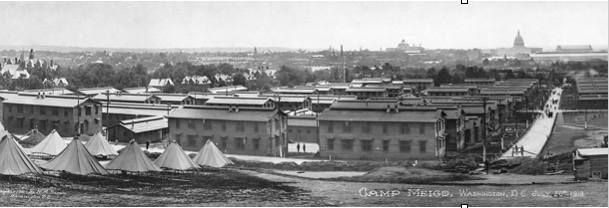It was called the Great War. People wouldn’t use the term World War I until there was a Second World War. In France the Western Front had been a stalemate for four years and the entry of the US into war was a turning point. Chester Acton, a farmer from
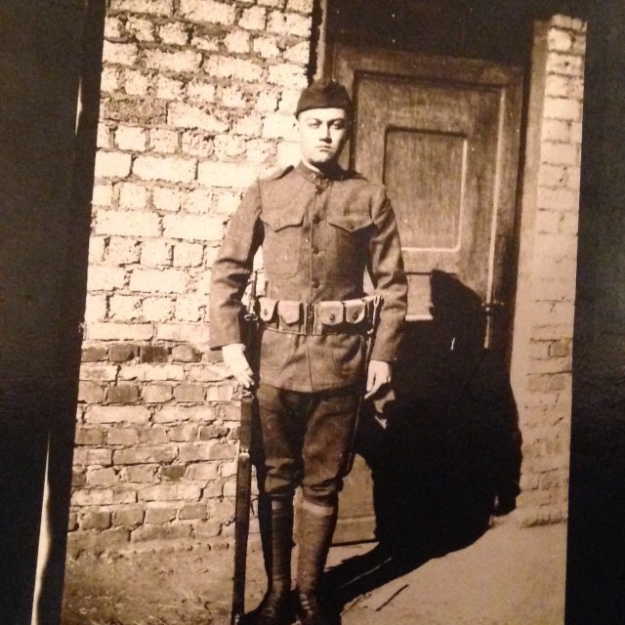
Boone County, Indiana, was one of the young men sent overseas to fight. He was assigned to the 308th Army Engineers, mostly an Ohio unit with a few Hoosiers thrown in. Americans were sent to Europe quickly. Chester was inducted on April 25, left the US on June 4 and was in France by June 18, 1918.
An engineer unit was called upon to construct or repair roads and bridges, build barracks, dugouts, build stockades for prisoners, remove barbed wire and other construction projects. The 308th made sure that the First Army Corps could move east in pursuit of the Germans. The unit repaired shell craters in roads, sometimes only to repair them again after an overnight shelling.
One job at which they excelled was building bridges. They had a range of bridge types they were trained in: ‘ponton’ or pontoon, light bridges, simple truss, trestle bridges, strutted beam bridges and more. A youtube video shows the efficiency and teamwork of WW1 engineers (including the 308th) spanning rivers. The 308th has the distinction of constructing the first bridge built by Americans over the Rhine River. If you watched the youtube to the end, you saw that horses were crossing the bridge. In some ways the Great War was a modern war but remember this: they were still using horses to some extent. “Between Dungenheim and Kehrig another difficult hill was encountered but by using eight horses on some of the wagons all the vehicles were satisfactorily brought up the incline,” and “satisfactory quarters were procured for the men and shelter for the animals.” — With the 308th Engineers from Ohio to the Rhine and Back, p. 97 and 98
The signing of the Armistice on Nov. 11, 1918 had little effect on the operation of the unit – except they could work without machine gun fire or shells flying overhead! They continued building roads and bridges. They were assigned to occupation duty and continued their march into Germany, reaching the Rhine and the town of Neuwied on December 14. Their progress was met with little interference by the population of the defeated German nation. “It is to be noted that the movement of the troops into


Germany was made without incident. . . Large numbers of people watched the troops going by but no hostile attitude was apparent- merely one of curiosity. In the towns used as billets for the men, the town officials conformed directly to all directions of the commanding officer and furnished everything required. . . The burgemeister remarked most favorably on the actions of the soldiers during their stay and even contrasted their good behavior to that of the German troops who had just vacated the town.” —With the 308th Engineers from Ohio to the Rhine and Back, p. 99
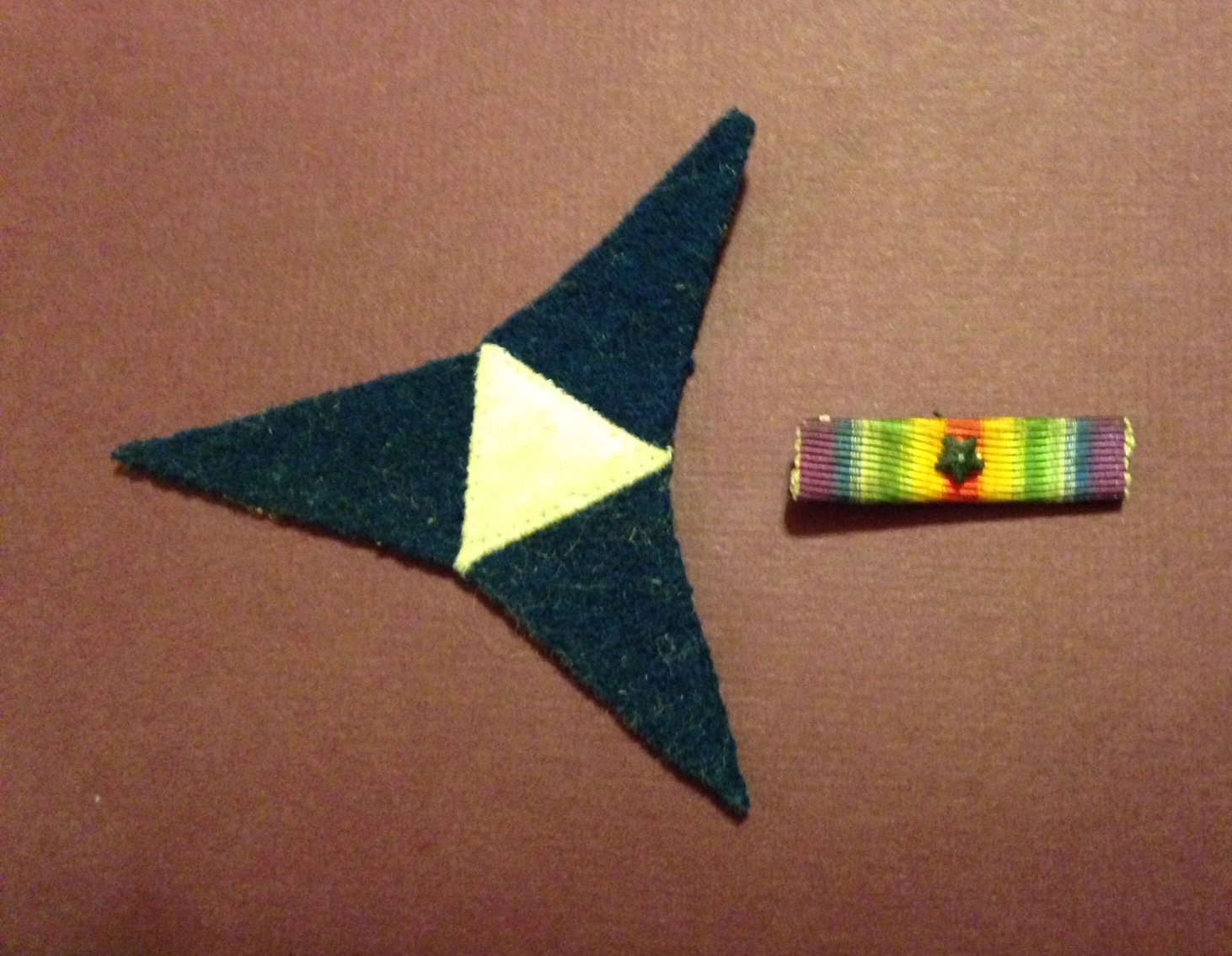
Finally, they were relieved of duty in May and by June 11 were on their way to America. Chester was mustered out on July 4, 1919 and returned home to the family farm.
Connection: Chester Acton was my grandfather.

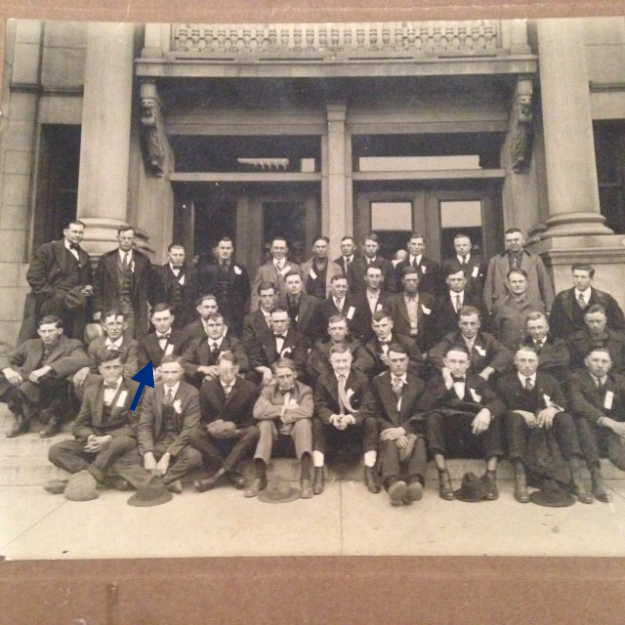
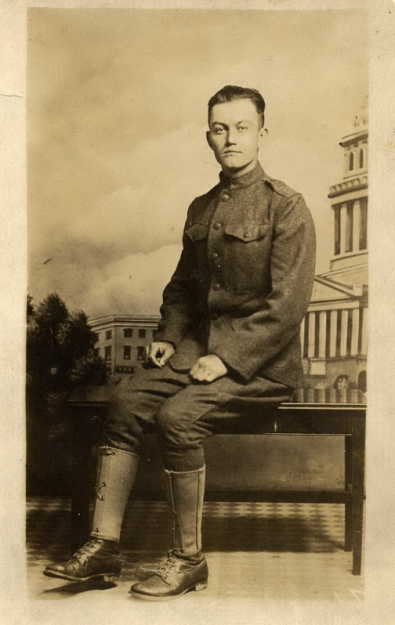 did not know we were going to Washington until Saturday night. I would have telegraphed to some of you if we had come through Indianapolis but I guess the closest place home was Columbus or Richmond.
did not know we were going to Washington until Saturday night. I would have telegraphed to some of you if we had come through Indianapolis but I guess the closest place home was Columbus or Richmond.